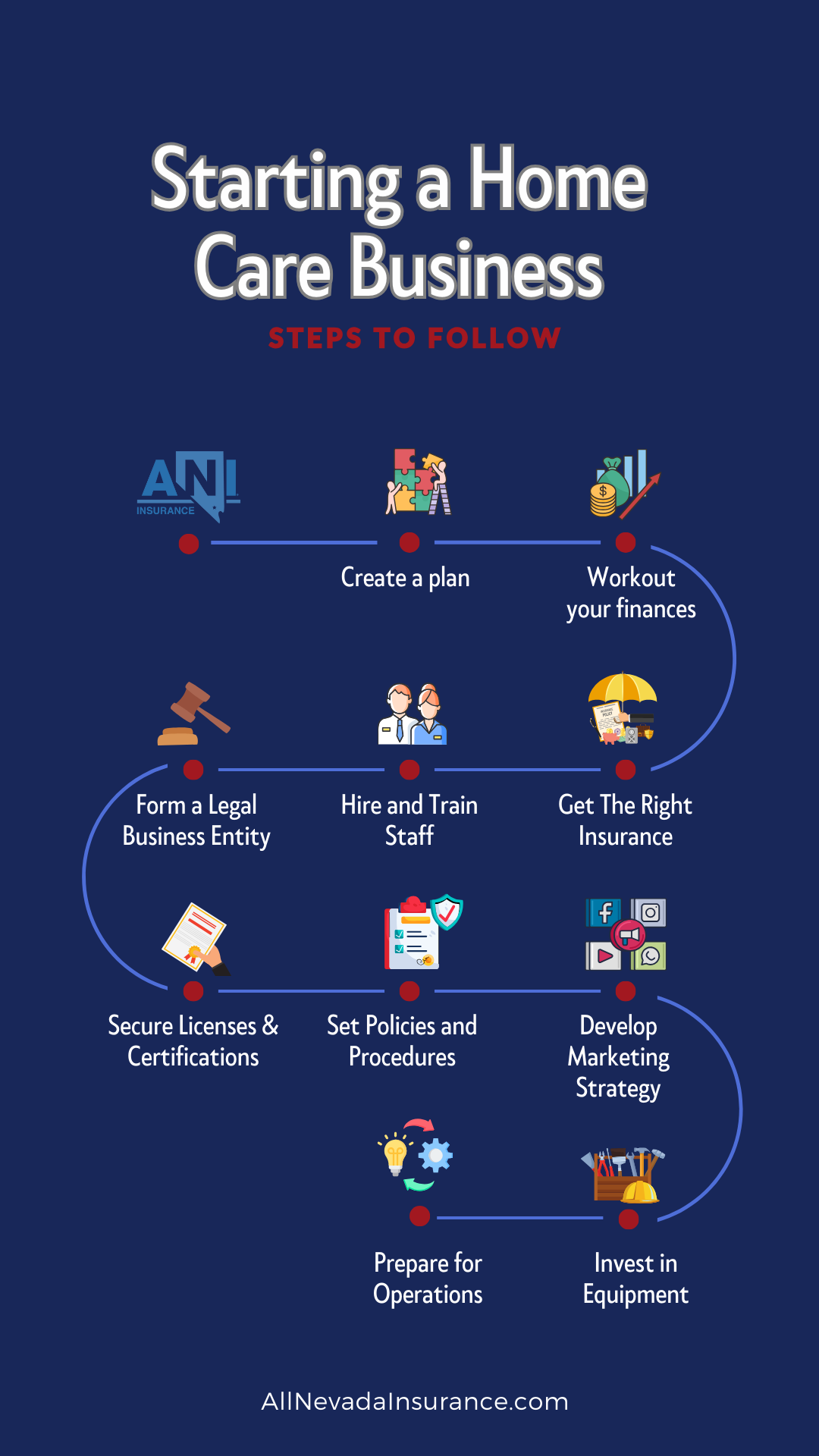All Nevada Insurance is a property and casualty insurance broker specializing in both commercial lines…

June is Family Month!
June is Family Month!
What better time than the summer to bring your family together. Whether you’re a single parent or a large family, we would like to share some parenting hacks on balancing work, family and having some self-care time during the summer months.
Balancing work and family, especially during a month dedicated to family, can be challenging but also rewarding. Here are some tips to help you find that balance:
- Integrate Work and Family: Instead of striving for a perfect balance every day, aim for a workable integration over time. This means being flexible and reprioritizing as needed.
- Communicate Openly: Have candid conversations with your family about daily routines and priorities. This can help identify opportunities for meaningful connections.
- Set Boundaries: Establish clear boundaries for work time and family time. This might include specific hours when you are not available for work-related tasks.
- Learn to Say No: It’s okay to decline non-essential activities or additional responsibilities that don’t align with your core values or current priorities.
- Limit Distractions: Minimize time spent on non-essential activities like social media to increase productivity and create more time for family.
- Explore Work Options: Check if your employer offers flexible working arrangements that could help you better manage your work and family commitments.
Remember, the goal is to find a healthy balance that works for you and your family, not to achieve a perfect equilibrium at all times. Accept that there will be periods when one will take precedence over the other, and that’s perfectly fine. It’s all about making the best choices for your situation.
For Employers know that statistics done by Better Up shows that over a third of full-time employees say that balancing work and family life has become more challenging in the last few years. A survey of full-time employees found that the most common reasons for this were increased work-loads, an increase in expenses (without an increase in salary), and working more after having children.
The workplace has changed (and is still changing) over the last few years. Both employers and employees are still trying to figure out what works as the lines between work/home continue to blur. Here are some practical ways that you can support team members that are struggling with work/family balance:
1. Get familiar with your policies
As a people manager, you’re in an ideal place to bridge the disconnect between the company and your team. Learn about any employee benefits your company might
offer that are designed to combat stress. These might include access to therapy, mental fitness coaching, employee assistance plans (EAPs), or paid time
off.
Employees that are unable to work due to health concerns (including mental health) or caregiving responsibilities may qualify for a medical leave of absence. Encourage
them to take the time they need for themselves and their family members.
2. Learn to lead diverse and remote teams
There are as many versions of what work/family balance look like as there are people at your company. Each of your coworkers will have different needs and a different balance of time spent at work vs. time spent with family to be at their best.
Don’t fall into the trap of thinking one-size-fits-all.
Instead, spend time getting to know your team as individuals. When do they do their best work? What makes them feel supported? What do they need to get into a flow state? Encouraging your team to do good work isn’t about demanding it. It’s about creating the circumstances to empower it.
3. Model work/family balance
While you’re looking for ways to support your employees’ mental health, be sure to walk the talk. Take vacation time (and don’t send emails from the beach). Build downtime into the workday, like blocks of time that are meeting-free. If you’re eligible for family or maternity leave, don’t cut it short to rush back to work.
As a leader, what you do is just as important — if not more so — than what you say. If you model self-care practices, your teams are much more likely to take the time they need for themselves, too.
At ANI, we do believe in the importance of family and work life balance. To find out more information about our growing team, please visit www.anifranchise.com. We look forward to speaking with you soon!


